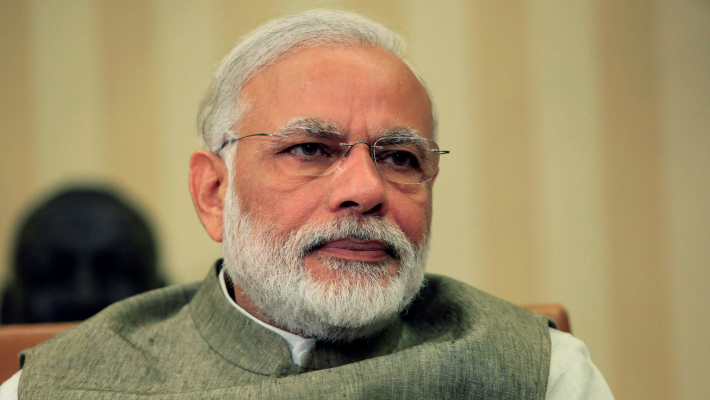-
While there are immediate visible effects, the broader economic and social ramifications—especially on Indian families dependent on U.S.-based NRIs—are yet to fully unfold
-
Investors, migrants, and policymakers alike are closely watching how this aggressive overhaul of immigration and financial policies will play out in the months ahead
With U.S. President Donald Trump’s sweeping new legislation—dubbed the “One Big Beautiful Bill”—now cleared by Congress, attention is turning to how this 900-page law will affect Indians both in the United States and back home in India. From remittances and border enforcement to visa applications and tax implications, the bill is expected to have wide-ranging consequences for the Indian diaspora, hindustantimes.com reported.
Remittances: Minor Tax, Major Concerns
A key element of the bill is a 1% tax on remittances sent from the U.S. to foreign countries, a significant climbdown from the originally proposed 5%. With over 4.5 million Indians or Indian-origin residents in the U.S., many of whom send substantial sums to support families or invest in India, this measure is likely to prompt a financial rethink for some.
“US bank and card-based remittances remain exempt, but NRIs making regular or large transfers should revisit their financial strategies,” india.com quoted Ram Naik, co-founder and director at The Guardians Real Estate Advisory, as saying. This tax will come into effect from January 1, 2026.
No Change in Foreign Income Tax Rules
Despite speculation, the bill does not alter the existing tax framework for foreign-sourced rental income. NRIs holding green cards or U.S. citizenship will continue to be taxed as per current laws.
The HT report quoted Sandeep Bhalla, Partner at Dhruva Advisors. “Tax paid in India can still be claimed as credit in the U.S. to avoid double taxation,”
Stricter Border Policies and Deportation Plans
Trump’s legislation significantly boosts funding for immigration enforcement, aligning with his campaign promise of executing the “largest mass deportation operation in American history.” Indian migrants who entered the U.S. illegally, often via third countries using the so-called “donkey route,” are not exempt from this renewed crackdown.
Rough estimates indicate that around 18,000 Indian nationals have been identified for possible deportation. The Indian government has responded by pledging cooperation in repatriation efforts and dismantling human trafficking networks.
According to U.S. government data, Indians make up a significant portion of undocumented immigrants. Pew Research places them as the third-largest group after Mexico and El Salvador, although their exact numbers—ranging from 220,000 to 700,000—are contested.
Fee Hikes for Legal Immigration and Humanitarian Relief
The bill introduces higher fees for legal immigration processes and humanitarian programs, posing financial barriers for many. Application fees now include:
$100 for asylum seekers
$550 for employment authorization
$500 for Temporary Protected Status
$1,000 for humanitarian parole
In addition, anyone caught crossing between ports of entry faces a $5,000 fine, and the new rules eliminate fee waivers for low-income applicants. Cuts to Medicaid and similar programs may also disproportionately affect immigrant communities.











